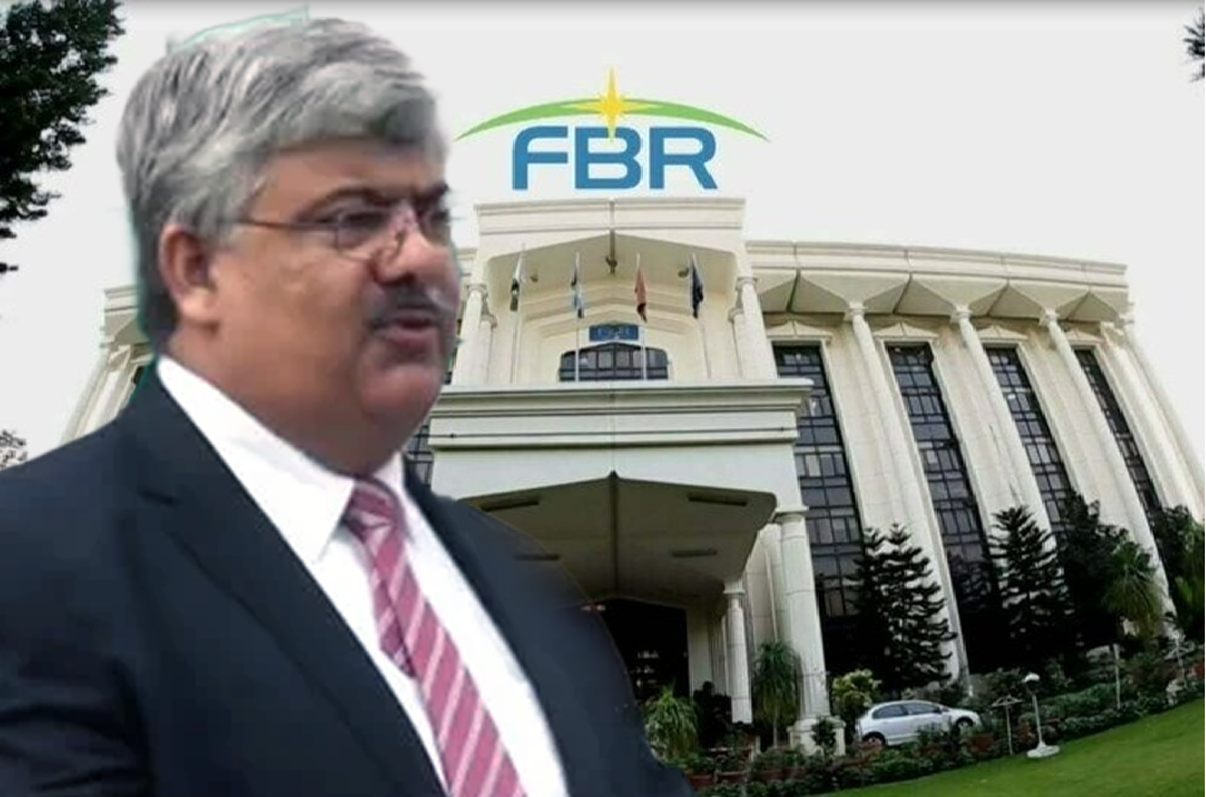Mohsin Siddiqui (Chief Reporter)
The newly appointed Chairman of the Federal Board of Revenue (FBR), Rashid Mahmood Langrial, has set a determined tone for his tenure by directing the Member Operations, Mir Badshah Khan Wazir, to provide a detailed briefing on the Tajir Dost Scheme. This directive marks an early indication of the Chairman’s commitment to strengthening the tax collection framework and enhancing compliance within Pakistan’s business community.
On Thursday, the top officials of the FBR convened to brief Chairman Langrial on the current organizational structure, ongoing policy initiatives, and the broader vision for the future. Among the key topics discussed were the Tajir Dost Scheme and the digitization efforts underway within the FBR. These initiatives represent critical components of the FBR’s strategy to modernize its operations and foster a more tax-compliant culture across the country.
The Tajir Dost Scheme, which has been a focal point of the FBR’s recent efforts, aims to simplify tax procedures for traders and promote voluntary tax compliance. This initiative is particularly significant as it targets a traditionally under-taxed sector of the economy, which has often been resistant to formal tax registration and regular payment.
In a bid to enhance tax compliance, the FBR, after extensive consultations with trader bodies, recently notified new income tax rates applicable across 42 cities in Pakistan. Under these new regulations, traders are required to pay income tax on a monthly basis, aligning with the government’s broader objective of increasing revenue through consistent and fair tax collection. The scheme aims to create a more transparent and accountable system for traders, making it easier for them to fulfill their tax obligations without facing excessive bureaucratic hurdles.
Chairman Langrial emphasized the importance of adherence to these new rates and issued a clear warning that the FBR would take decisive action against those who fail to comply with the law. The FBR’s enforcement measures are expected to include penalties and potential legal action against non-compliant traders, reinforcing the seriousness of the government’s tax collection efforts.
A significant portion of the briefing to Chairman Langrial was dedicated to the FBR’s digitization efforts. The ongoing digitization process is seen as a critical step towards modernizing the FBR’s operations and improving the efficiency of tax collection. By leveraging digital tools and platforms, the FBR aims to streamline its processes, reduce the potential for corruption, and provide taxpayers with easier access to information and services.
The digitization initiative also aligns with the government’s broader push towards e-governance and the creation of a more transparent and accountable public sector. Through these efforts, the FBR hopes to build trust among taxpayers and encourage a culture of voluntary compliance.
Sources within the FBR have indicated that Chairman Langrial has issued directives to various directorates within the organization to prepare detailed presentations on their respective areas of responsibility. These presentations are expected to cover a range of topics, including tax collection strategies, compliance measures, and ongoing reforms.
Chairman Langrial has made it clear that his top priority is to maximize tax revenue collection, a goal that will likely guide the FBR’s activities in the coming months. His focus on the Tajir Dost Scheme and the broader digitization efforts underscores his commitment to enhancing the efficiency and effectiveness of the FBR’s operations.
In light of the ongoing economic challenges facing Pakistan, the FBR has also been proactive in proposing various tax-related measures to the Ministry of Finance. These proposals are intended to address potential revenue shortfalls and ensure that the government has the necessary funds to meet its fiscal obligations.
While the specifics of these proposals have not been disclosed, it is clear that the FBR is taking a proactive approach to managing the country’s financial health. The organization’s leadership is keenly aware of the need to balance tax collection with economic growth, and any new measures will likely be designed to support this dual objective.




